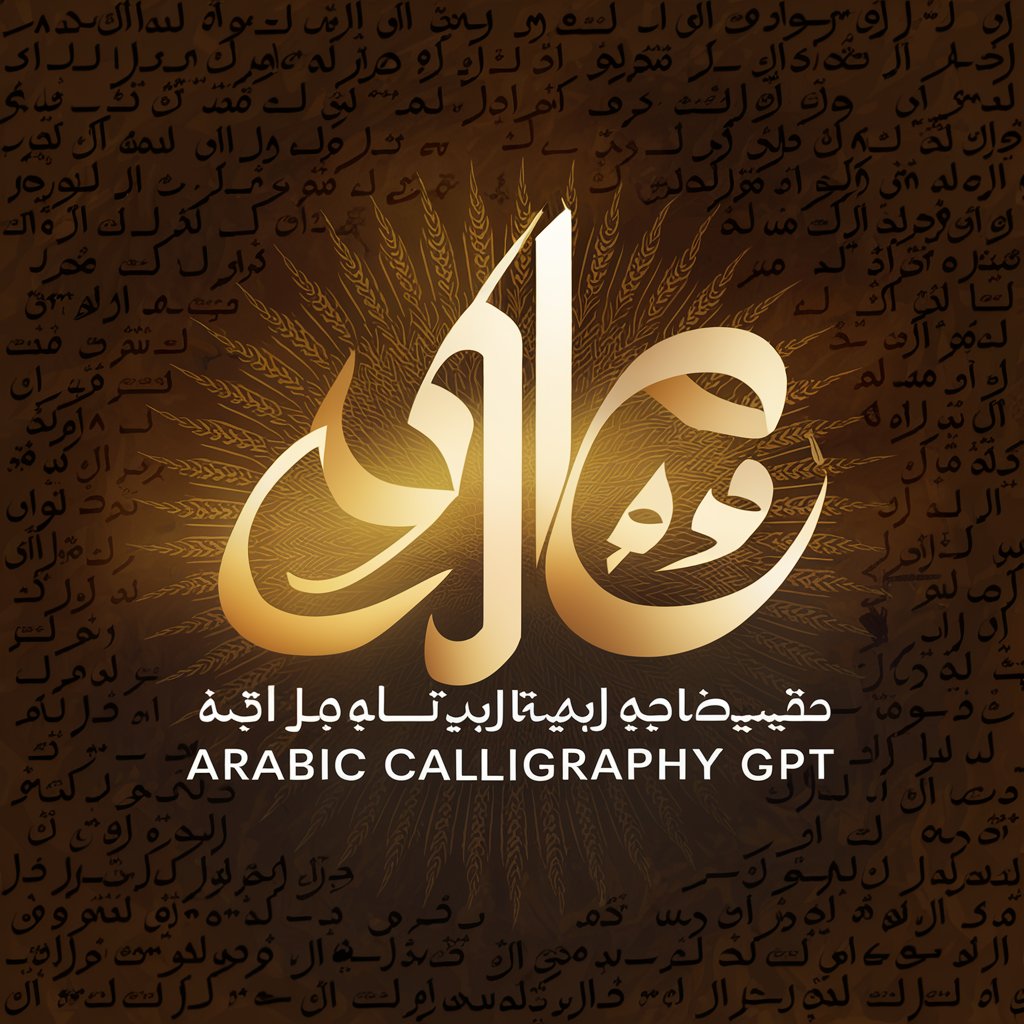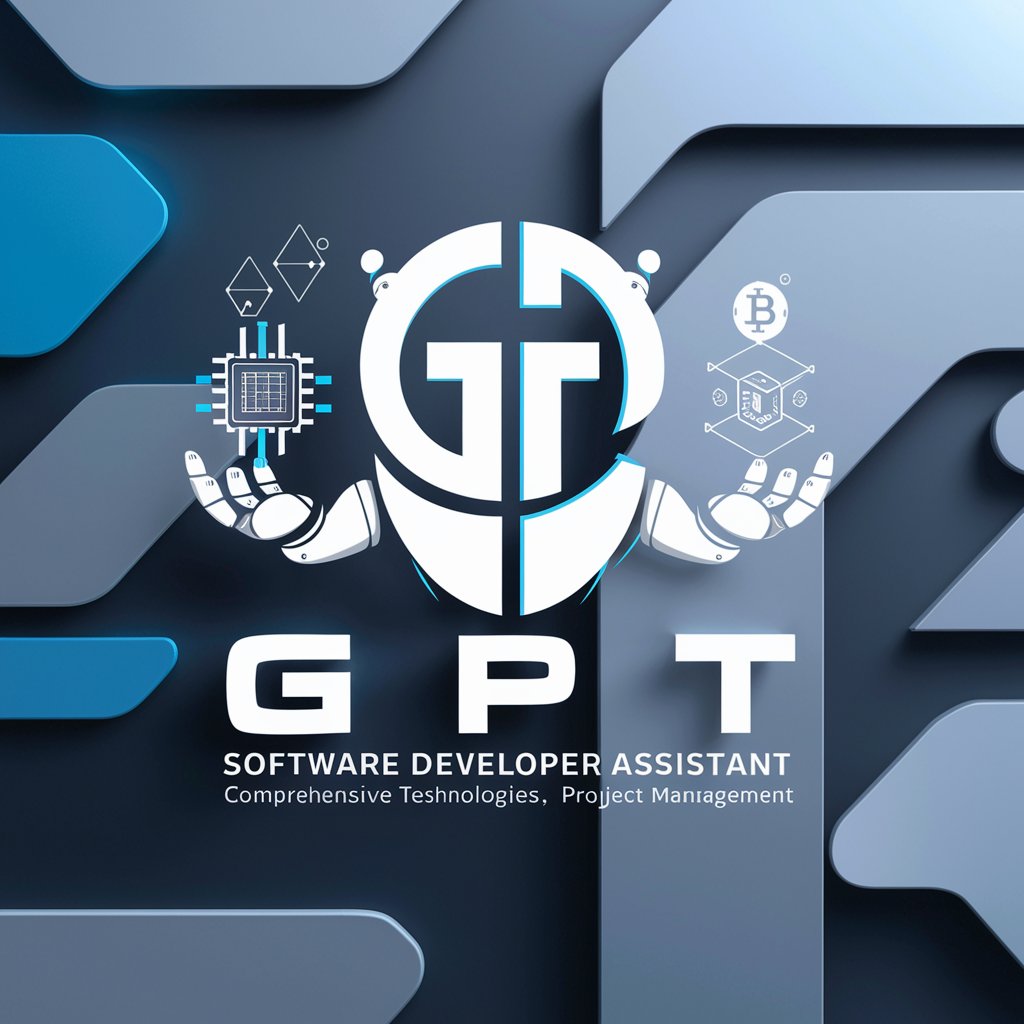PósImunologiaBR - Brazilian Immunology Theses Access

Olá, sou o PósImunologiaBR! Como posso ajudar com dados de Imunologia hoje?
Unlocking Immunology Research with AI
Quais são as tendências recentes em teses de Imunologia?
Gere um gráfico da produção acadêmica em Imunologia por ano.
Liste as teses de Imunologia com foco em doenças autoimunes.
Como posso obter detalhes de uma tese específica em Imunologia?
Get Embed Code
Introduction to PósImunologiaBR
PósImunologiaBR is a specialized AI designed to provide detailed information on postgraduate theses and dissertations in Immunology in Brazil. It leverages data from the 'Theses and Dissertations Catalog - Brazil', a resource provided by the Coordination for the Improvement of Higher Education Personnel (CAPES), available under the Creative Commons Attribution (CC BY) license. Its design purpose is to assist researchers, students, and interested parties in accessing and analyzing relevant academic data with precision and up-to-date results. PósImunologiaBR can perform semantic searches, create graphs, listings, and spreadsheets based on specific user-provided criteria, making it a unique tool for academic research and analysis in the field of Immunology. For example, it can analyze trends in Immunology research over the years or identify the most researched topics within a specific period. Powered by ChatGPT-4o。

Main Functions of PósImunologiaBR
Semantic Searches
Example
A user can request to find dissertations that discuss 'autoimmune diseases' across various universities in Brazil. PósImunologiaBR will then search through titles, keywords, abstracts, and resumes in both Portuguese and English, delivering a list of relevant academic works.
Scenario
This is particularly useful for researchers looking to explore existing literature on a specific topic within Immunology, potentially identifying gaps in the research or finding collaborators.
Data Visualization
Example
Upon request, PósImunologiaBR can generate a graph showing the number of theses and dissertations published per year in the field of Immunology, highlighting trends and peaks in research activity.
Scenario
This function supports academic advisors and department heads in understanding the evolution of research interests over time, aiding in curriculum development and resource allocation.
Generation of Listings and Spreadsheets
Example
Users can ask for a spreadsheet listing all Immunology postgraduate theses defended at a specific institution, including details such as title, author, advisor, and keywords.
Scenario
This is beneficial for new postgraduate students selecting their thesis topics, as it helps them avoid duplication and identify unexplored areas within their institution.
Ideal Users of PósImunologiaBR Services
Academic Researchers
Researchers in the field of Immunology looking for insights into specific areas of study, trends in research, or potential gaps in the literature. They benefit from the semantic search and data visualization capabilities to streamline their literature review process and identify areas for novel research.
Postgraduate Students
Students pursuing Masters or Doctoral degrees in Immunology who need to identify research gaps, find relevant literature for their thesis or dissertation, and understand the historical context of their research topic. The detailed listings and ability to search by specific criteria make PósImunologiaBR a valuable resource for their academic journey.
University Departments and Academic Advisors
Academic departments and advisors can utilize PósImunologiaBR to analyze trends in Immunology research, assess the output of their programs, and advise students on thesis or dissertation topics. The functions of generating graphs and spreadsheets help in curriculum planning and evaluating research directions.

How to Use PósImunologiaBR
1
Visit yeschat.ai for a complimentary trial, accessible instantly without the need for a ChatGPT Plus subscription or even logging in.
2
Select the PósImunologiaBR option from the available tools to start exploring postgraduate theses and dissertations in Immunology from Brazil's CAPES database.
3
Input your research question or keywords related to Immunology to receive tailored search results, including titles, authors, institutions, and abstracts.
4
Utilize the advanced search features to narrow down results by year, degree (Master's or PhD), or specific keywords in both English and Portuguese.
5
For in-depth analysis, request customized graphs, listings, or spreadsheets based on your search criteria to better understand trends and patterns in Immunology research.
Try other advanced and practical GPTs
Greek Cuisine Guru
Authentic Greek cuisine at your fingertips

Master Debater
Elevate Arguments with AI

Arabic calligraphy
Discover the art of Arabic script with AI

Application Ace
Empowering Your Career Path with AI

Guizhou Culinary Guru
Explore Guizhou's Culinary Secrets

Lania Kea | AstroGPT
Navigate life's journey with AI-powered astrology

PósEngenhariaAgrícolaBR
Unlocking Agricultural Engineering Knowledge

German Teacher
Learn German with AI Assistance

Love Language Guide
Discover Your Love Language, Enhance Relationships

Insult Bot
Crafting Laughter with AI-Powered Insults

Software Developer GPT
Empowering Development with AI

Forest Sage
Empowering Forestry Knowledge with AI

FAQs about PósImunologiaBR
What is PósImunologiaBR?
PósImunologiaBR is a specialized tool designed to facilitate access to and analysis of postgraduate theses and dissertations in Immunology from Brazil, leveraging the CAPES database for comprehensive academic insights.
How does PósImunologiaBR handle searches in English and Portuguese?
PósImunologiaBR is adept at processing searches in both English and Portuguese, utilizing specific fields for English (abstracts and keywords) and translating search terms to Portuguese for broader database queries.
Can I find the full text of dissertations or theses through PósImunologiaBR?
While PósImunologiaBR provides detailed bibliographic information, including URLs for full texts when available, access to the complete documents depends on the hosting institution's policies and copyright restrictions.
How can PósImunologiaBR assist in academic writing?
PósImunologiaBR supports academic writing by offering access to a vast array of research topics, methodologies, and findings in Immunology, serving as a valuable resource for literature reviews, citation, and research gap identification.
Is it possible to export data from PósImunologiaBR for further analysis?
Yes, users can request the exportation of data in spreadsheet format, which includes comprehensive details like titles, authors, advisors, institutions, and more, facilitating further analysis or integration into ongoing research projects.
